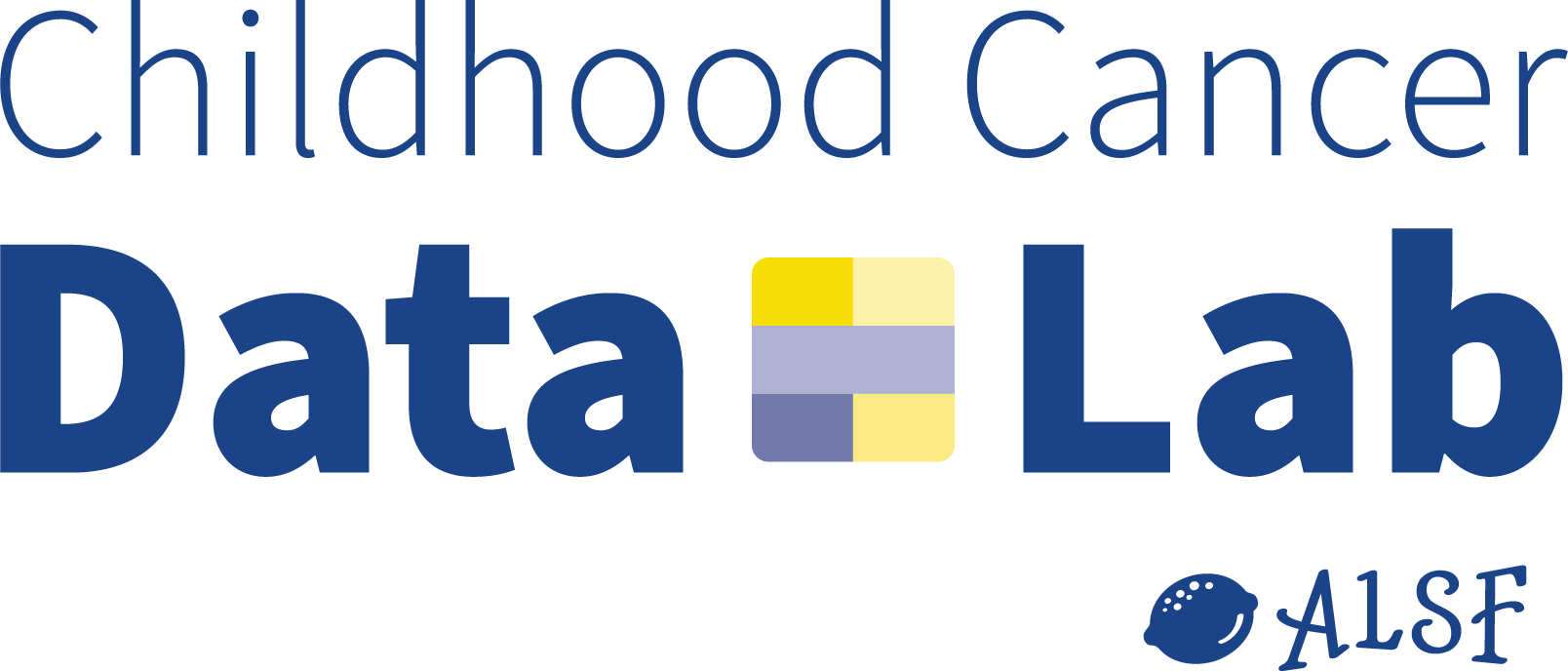42 Downloadable Samples
Nucleus
10Xv2_5prime, 10Xv3.1
Pediatric brain cancers are the most common solid tumors in children with varying survival rates depending on molecular features of cancer cells and associated microenvironment. Several studies have used single-cell RNA sequencing to define transcriptional programs active in cancer cells and highlighted supportive roles of non-cancerous cells embedded in these tumors. Although application of single-cell RNA sequencing technology has expanded our understanding of intratumoral heterogeneity and underlying transcriptional mechanisms in brain tumors at diagnosis, mechanisms of disease remains elusive. Therefore, the purpose of this proposal is to characterize cellular and transcriptional states of malignant and non-malignant compartments at primary diagnosis and at relapse. In this study, we performed single-nuclei sequencing of 42 patient samples taken at various disease stages (initial diagnosis, progressive disease, and relapsed disease) from 20 patients with low-grade glioma or Atypical Teratoid Rhabdoid Tumor (ATRT). Bulk whole genome and RNA-seq data for these samples are available from the Children’s Brain Tumor Network and the Gabriella Miller Kids First Data Resource Center. Findings from our study will help define the mechanistic shifts of tumor and non-cancerous cells over course of disease progression. Collectively with the single-cell Pediatric Cancer Atlas funded, this project lays the foundation of an important data set focused on lethal relapsed cancers that can continue to be expanded to identify cancer-intrinsic and extrinsic microenvironmental factors supporting recurrence of pediatric brain tumors.
5 Downloadable Samples
Nucleus
10Xv3.1
Pediatric solid tumors are rare compared to common adult malignancies and they are also remarkably diverse. For example, rhabdomyosarcomas have features of skeletal muscle, osteosarcomas have features of bone and neuroblastomas have features of cells in the sympathoadrenal lineage. The diversity and rarity of pediatric solid tumors makes it difficult to accelerate biomedical research that can improve patient outcomes. For example, even with the large number of patients treated at St. Jude, it can be difficult to obtain fresh pediatric solid tumor tissue that is suitable for single cell sequencing. To overcome this barrier in the field, we have developed carefully validated methods to process fresh and frozen tissue for single-cell or single-nucleus RNA-sequencing. Our data show that we can capture the transcriptional heterogeneity of the tumors and the complexity of the tumor microenvironment using single-nuclei RNA-sequencing of patient tumors from the St. Jude biorepository. In addition, over the past 9 years, we have generated 166 orthotopic patient derived xenografts (O-PDXs) representing 21 different pediatric solid tumor types. The O-PDXs and corresponding patient tumors have undergone some of the most comprehensive characterization of any pediatric cancer model including detailed analysis of the clonal heterogeneity (Stewart et al. Nature, 2018). We performed single-cell or single-nuclei RNA-sequencing of 4 tissue samples from rhabdoid tumor patient tumors and 1 matched O-PDX as part of a larger effort to perform single-cell/single-nuclei RNA-sequencing on a large cohort of patient tumors and O-PDXs. This research proposal will fill a fundamental gap in our knowledge of the transcriptome heterogeneity across pediatric solid tumor clones and of the normal cells found in the tumor microenvironment.
We would greatly appreciate if you cite the listed publications when using this data.

